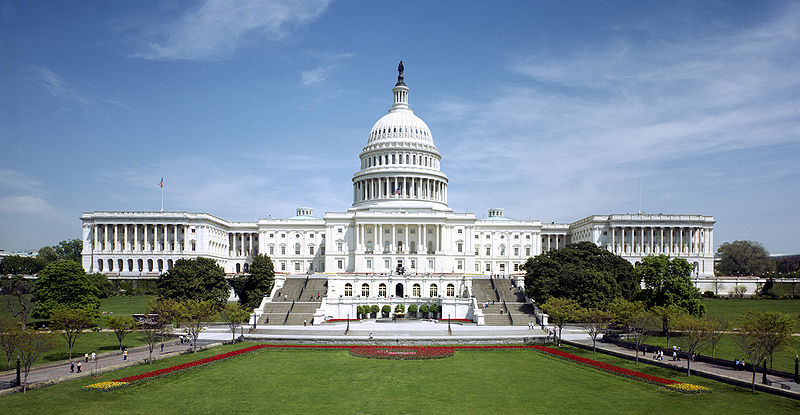Op-Ed: The intent of Congress with PROMESA

A little over seven years ago, the U.S. government approved the PROMESA law. That statute, which has drawn criticism and praise, arrived at a critical financial moment to provide a legal mechanism to allow Puerto Rico’s government to renegotiate a debt of tens of billions and avoid the dire economic consequences of default.
PROMESA also brought with it the controversial creation of the Financial Oversight and Management Board to lead the financial reorganization process.
Given the local lack of fiscal discipline and consistency, representatives from various economic sectors have recognized PROMESA as a necessary evil. Unfortunately, with the passage of time, we have begun to once more lose perspective of the reasons that caused the government of Puerto Rico to accumulate stratospheric and clearly unpayable levels of debt.
One of the issues that was widely debated in the federal capital as part of the congressional discussion prior to the approval of the law, was the firm indication that Puerto Rico had in its hands the responsibility of implementing structural reforms to strengthen the economy. We did not need an act of Congress to adopt them.

That discussion prompted PROMESA to include sections focused on economic development that, frankly, have been essentially ignored. Moreover, the statute in its last section reflects the “sense of the US Congress.” This section is short and simple: “it is the sense of Congress that any durable solution for Puerto Rico’s fiscal and economic crisis should include permanent, pro-growth fiscal reforms…”
The best example of our inability to reform our island toward becoming a pro-growth jurisdiction is the permanent debate of our political class regarding labor laws. In 2017, a so-called reform was approved that, although with positive aspects, fell short according to multiple experts on labor laws. In other words, Puerto Rico has remained a jurisdiction whose labor rules make it less competitive and difficult for local businesses to operate.
Recently, the government leadership has again adopted populist speeches related to the labor issue, passing House Bill 1651 with the mistaken idea that it can be a “sympathetic” issue that generates electoral support. Far from demonstrating a change in the right direction, we continue to publicly debate and pour money into pointless litigation over issues that led us precisely to the fiscal cliff and economic stagnation.
Will we be able to implement structural reforms to stimulate fiscal discipline? Will we be able to turn Puerto Rico into a competitive island focused on economic growth? Let us avoid embarrassment when Congress asks us what has changed on our island over the past seven years, and the answer falls short of what is both expected and necessary.
At the end of the day, more than the sense or intention of Congress, we should be motivated by the desire to achieve a prosperous Puerto Rico, with opportunities for all.












